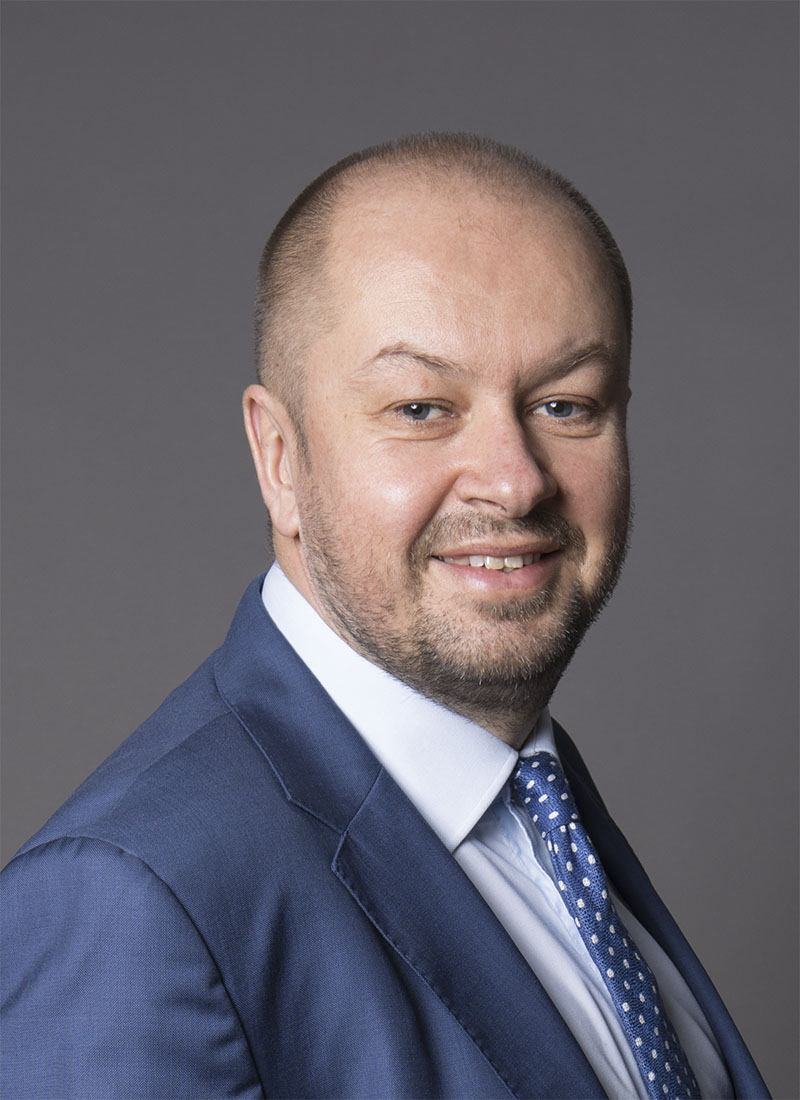Maciej Jakubowski, PhD
Director of the Educational Research Institute and a former Undersecretary of State at the Ministry of Education. He holds a degree in sociology and a doctorate in economic sciences from the University of Warsaw, where he also serves as a professor. Maciej has also pursued academic work at the University of Pittsburgh in the United States and Ludwig Maximilian University in Munich. He has worked as a researcher at the Robert Schuman Centre for Advanced Studies at the European University Institute in Florence.
Between 2005 and 2008, he contributed to the Central Examination Commission’s research team, focusing on educational added values, and collaborated with the Center for Social and Economic Analysis (CASE). From 2008 to 2012, he was an analyst with the PISA team at the OECD in Paris. As Undersecretary of State at the Ministry of Education (2012-2014), Maciej was responsible for strategic development and educational financing. In 2014, he founded the Evidence Institute Foundation, dedicated to promoting the application of research in educational practice and policy-making.
He is deeply committed to educational research and is equally passionate about communicating evidence-based teaching methodologies to educators, students, and parents. He has advised governments and international organisations, including the World Bank, OECD, UNESCO, UNDP, and the European Commission. He is the author of numerous scientific papers, research reports, and works aimed at popularising educational research.






